Mispelling — er, sorry — misspelling words is an inevitable part of life. And while most software now has built-in spellcheck, it’s still easy to miss a word here and there.
A mistake is probably not a big deal when you’re ranting on your personal Twitter. But it can make you look unprofessional when you’re communicating for work. Learning how to spell words that most people have trouble with can help avoid issues when you’re writing fast and don’t have time to double-check everything.
These are the top 10 most misspelled words in the United States. Have you been making these mistakes?
10. Bellwether
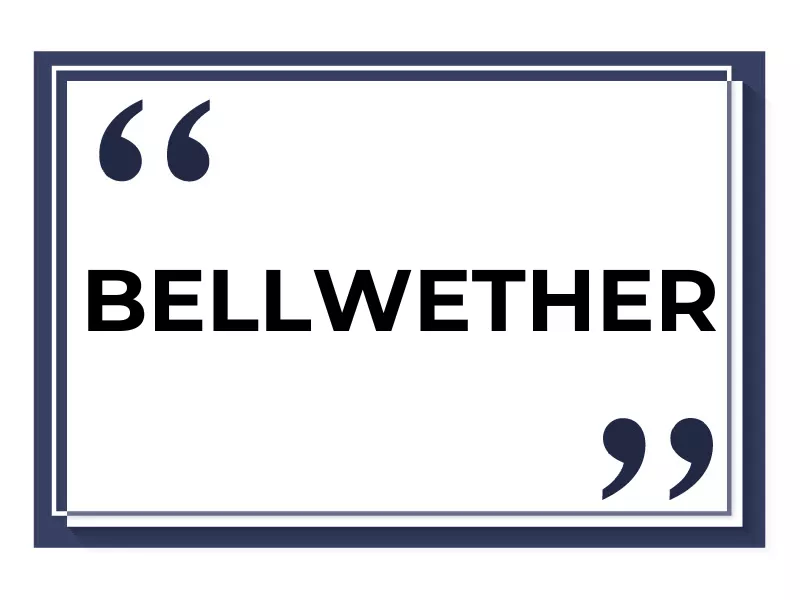
Misspelled as: Bellweather
Rate of misspelling: 9.3 percent
Bellwether isn’t a word normally used in informal conversations. But you’ll probably come across it if you deal with politics or trends.
The word has a pastoral origin. It is the name for a male sheep (whether) that leads the flock with a bell around its neck. Today, it continues to describe leaders and trendsetters, though of a different kind.
*Data comes from WordTips’ “Most Commonly Misspelled Words” report.
9. Dumbbell
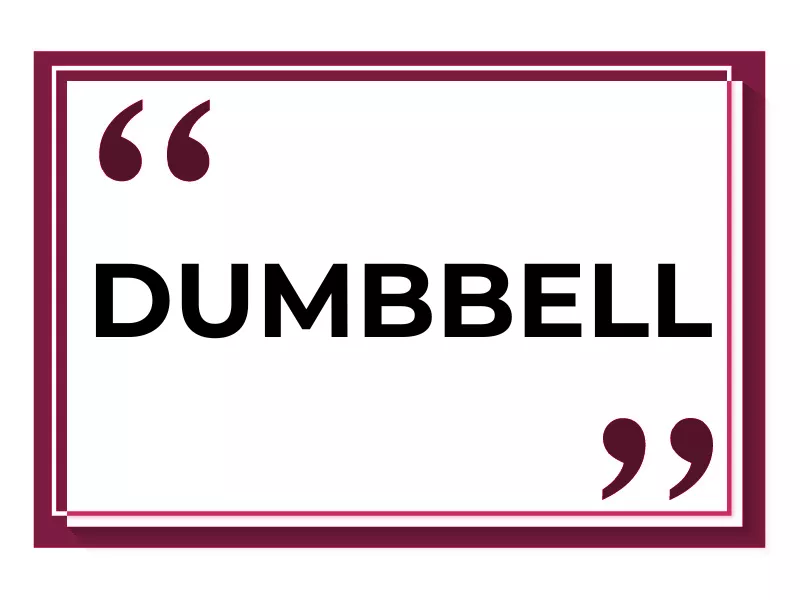
Misspelled as: Dumbell
Rate of misspelling: 11.5 percent
It is unusual to see “b” as a double consonant in the English language, which is probably why so many people make this mistake.
When in doubt, consider that dumbbell is made up of two distinct words: “dumb” and “bell.” This is because the first dumbbells were used to practice ringing churchbells in a noiseless (dumb) way so as to not drive villagers mad. The design of the apparatus was shrunk and adapted to make the exercise equipment we now know and love.
8. Millennium
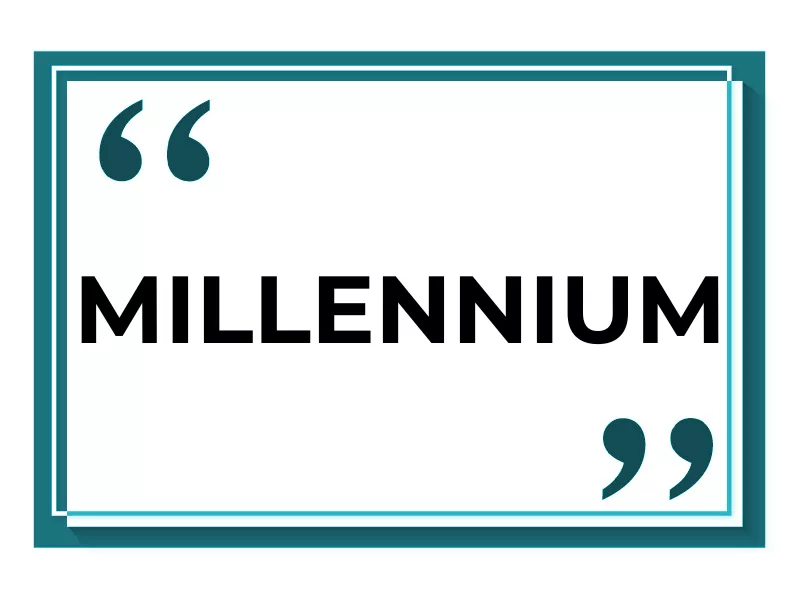
Misspelled as: Millenium, milennium
Rate of misspelling: 12.7 percent
Everyone likes to hate on millennials, even though many people can’t even spell their generational nickname correctly.
The confusion could come from people associating it with “miles,” but remember that “mill” is a thousand in Latin while “annus” means year. Or simply make a mental note that the word has two double consonants.
7. Drunkenness
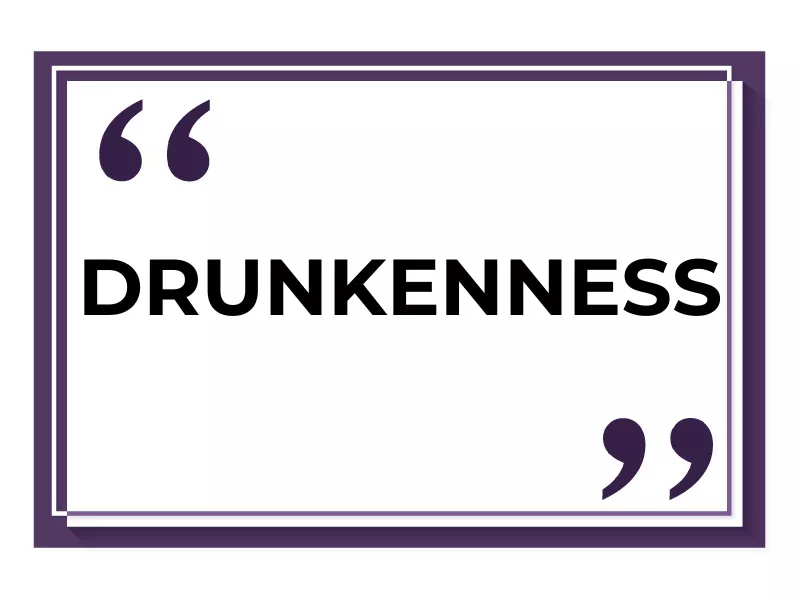
Misspelled as: Drunkeness
Rate of misspelling: 12.8 percent
The suffix “ness” denotes a state of or condition of an adjective. Therefore, “drunkenness” means the state of being drunk.
This is an incredibly easy mistake to avoid. Simply think of other words that use the suffix like “greatness” and “deepness.” You’d never leave the “n” out, so you shouldn’t do it with “drunken” either.
6. Supersede
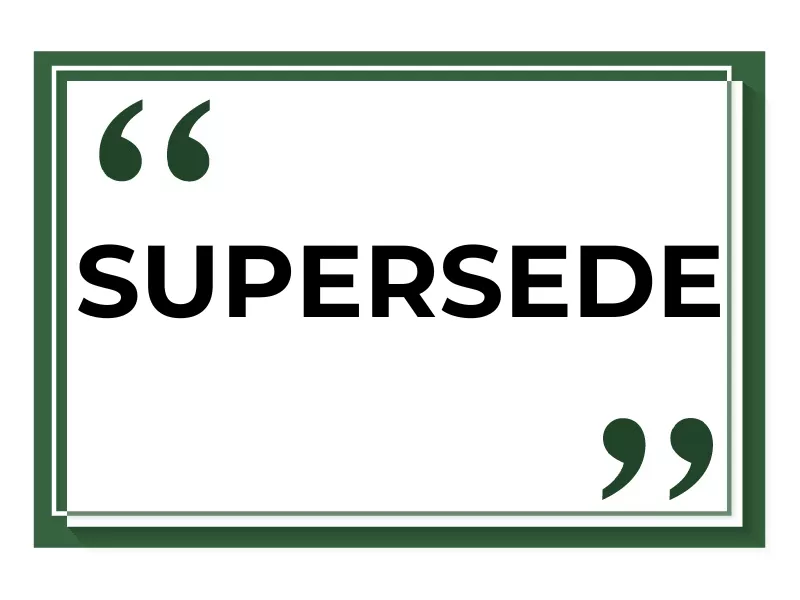
Misspelled as: Supercede
Rate of misspelling: 21.1 percent
To supersede something is to be superior or above it. “Sede” comes from an old French word that’s not well-known, even in France, so it’s easy to see how over 21 percent of people add a “c” instead of an “s.”
According to Merriam-Webster, “Supercede has occurred as a spelling variant of supersede since the 17th century, and it is common in current published writing. It continues, however, to be widely regarded as an error.”
5. Protester
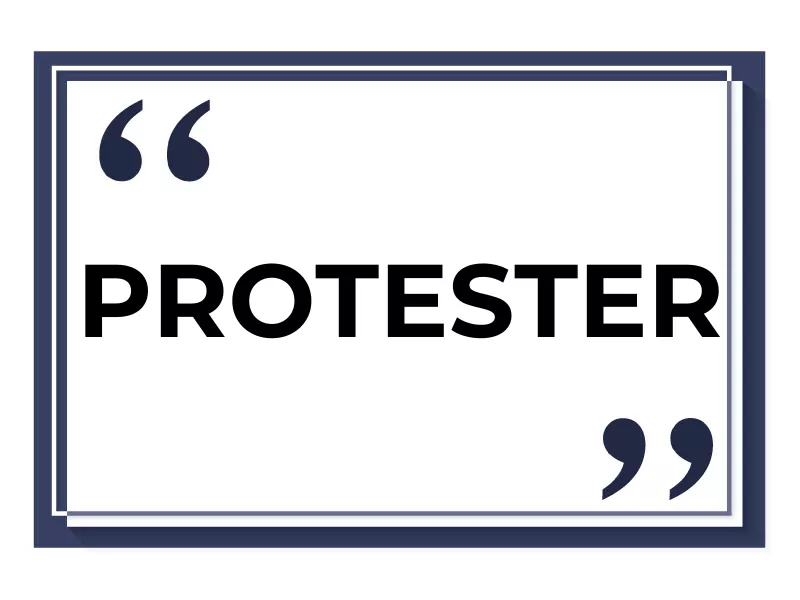
Misspelled as: Protestor
Rate of misspelling: 22.5 percent
The suffix “tor” forms a noun from a verb — as in “curator” or “facilitator.” So, it would make sense for “protester” to be spelled “protestor.” And yet, the long-standing rule is that the former is the correct spelling.
A useful way to remember this is to think of protesters as testers of the system’s boundaries who are pushing for change.
4. Liaison
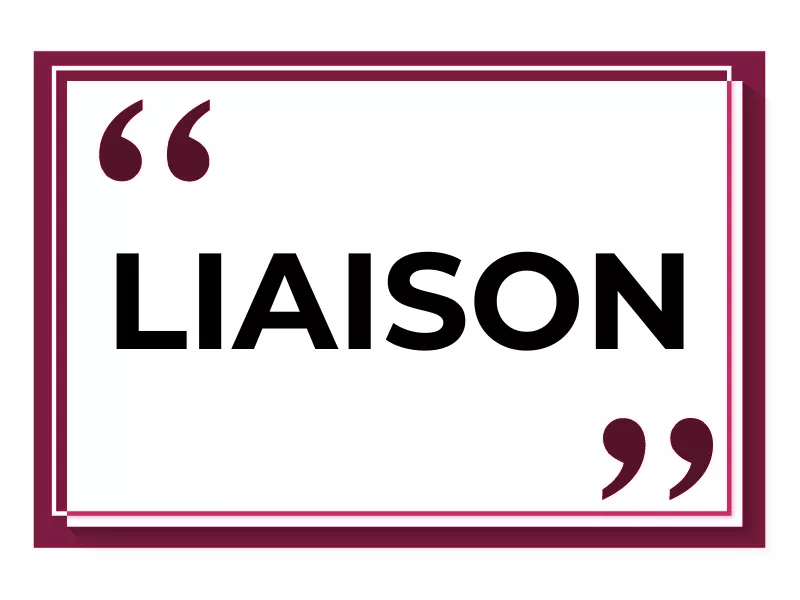
Misspelled as: Liason
Rate of misspelling: 25.5 percent
The issue with the French word “liaison” is that it’s pronounced “liason,” which is how most people get confused. But like English, French is a language with tons of ignored letters that are there only to make you trip up your spelling.
Think of the “i” as a little bridge that connects the parts of the word that are actually pronounced.
3. Sergeant
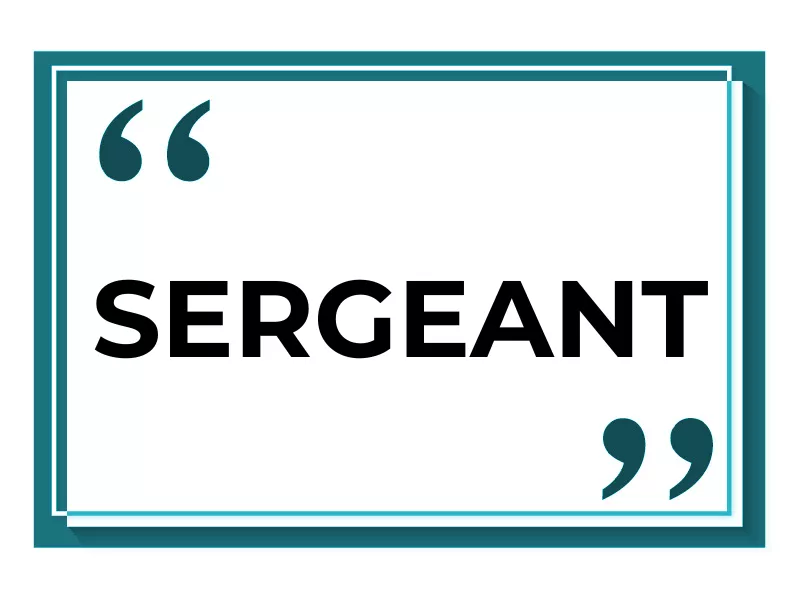
Misspelled as: Sargent
Rate of misspelling: 29.3 percent
Similarly to “liaison,” the issue with “sergeant” is that it’s pronounced “sargent.” It’s useful to think about it as a title for someone who serves in the military. In fact, the word comes from the old French word for servant, which in turn came from the Latin word for serve.
Thinking of this makes it easy to remember it’s “ser” — as for the silent “a” in the second syllable, we just wish you good luck remembering it’s there.
2. Minuscule
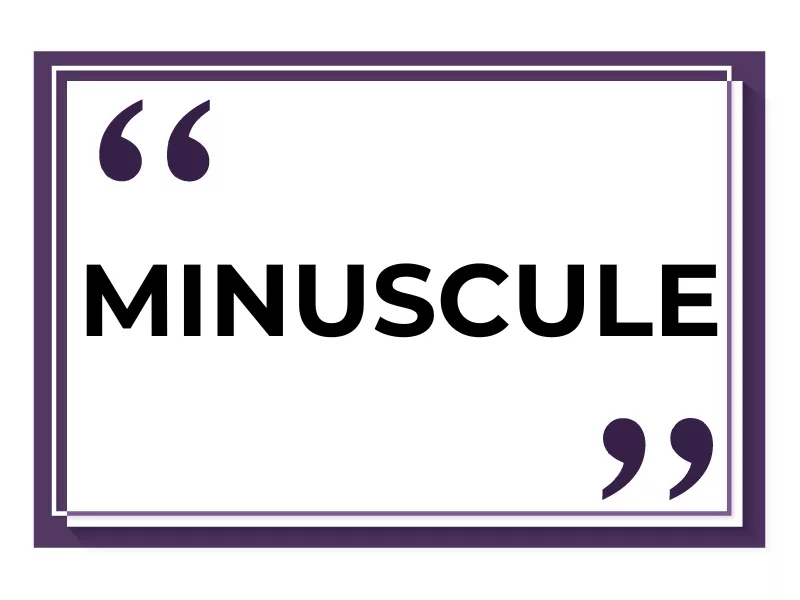
Misspelled as: Miniscule
Rate of misspelling: 32.5 percent
When spelling “minuscule,” people may be thinking of “mini,” which is a small version of something. This explains why a whopping 32.5 percent of Americans make this mistake. But while “mini” comes from “miniature,” “minuscule” is the French word for lowercase letters.
How or why this came to describe tiny things in general in the English language, no one is sure. But the trick is to think with logic. Something minuscule is small, but it’s not a small version (a miniature) of something else.
1. Coolly
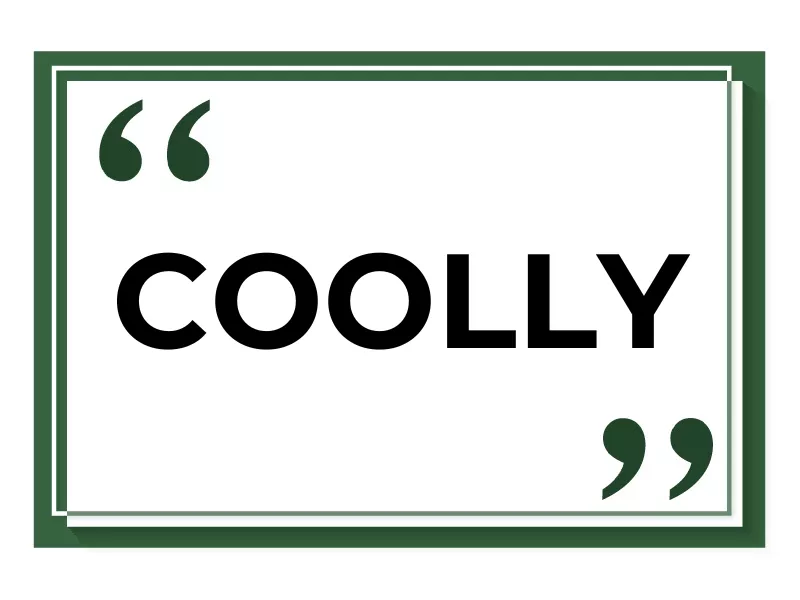
Misspelled as: Cooly
Rate of misspelling: 65.9 percent
A staggering 65.9 percent of Americans spell “coolly” wrong. The rest of the English-speaking world doesn’t fare much better. The word also comes in as the most misspelled in Canada, the United Kingdom and Australia. (In the latter, a full 83.7 percent of people make this mistake!)
Let’s settle this once and for all. The suffix “-ly” is usually added to adjectives to form adverbs, such as “slowly” or “brightly.” When an adjective ends in “l” you still add the full suffix, making for a double consonant.
If “beautifully” has two “l”s, so must “coolly” even if it looks a little wonky.
Top 10 Most Misspelled Words in the U.S.